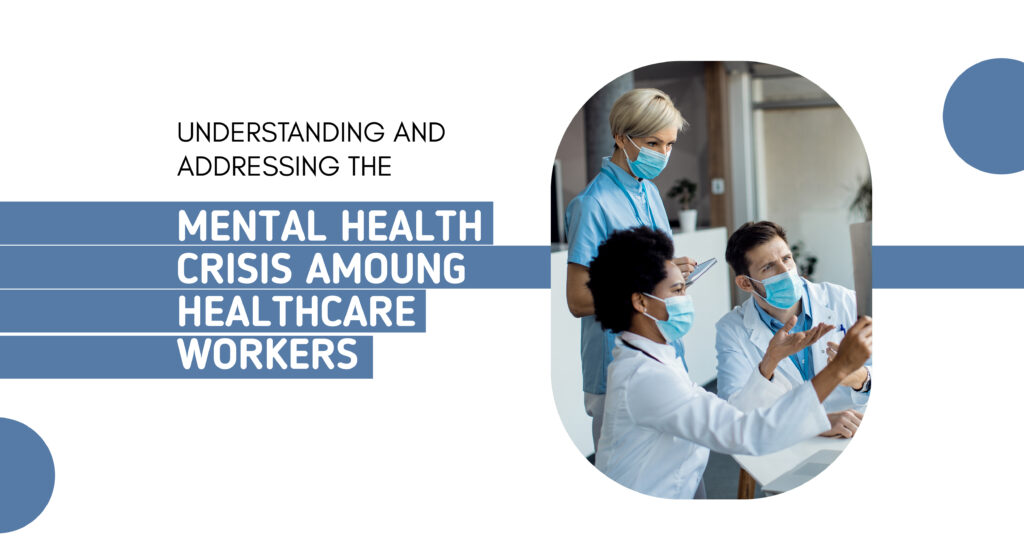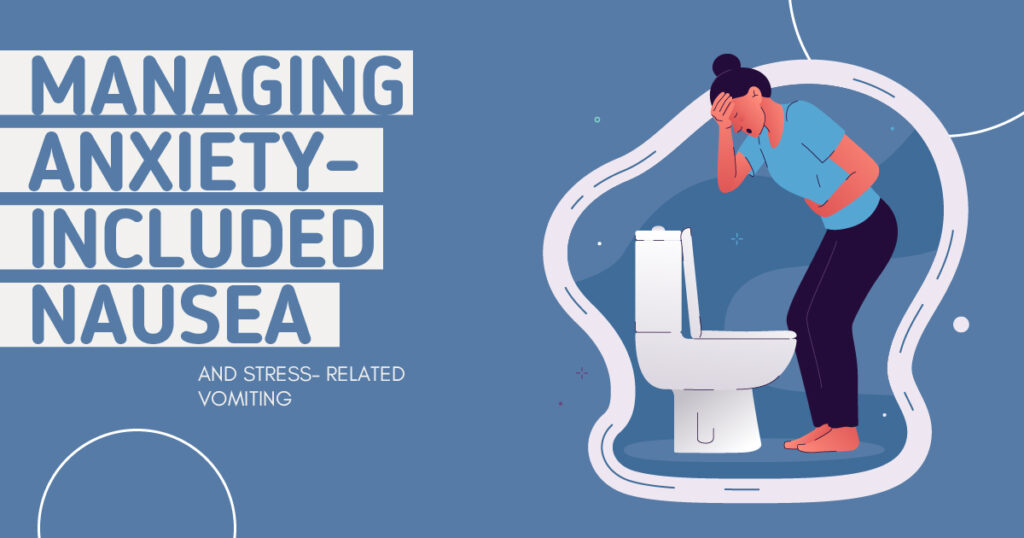The mental health crisis among healthcare workers has reached alarming levels. In recent years, we’ve seen a surge in reports highlighting the severe stress, burnout, and mental health struggles faced by those on the front lines of healthcare, especially during the COVID-19 pandemic. This public health emergency exacerbated the already high levels of burnout among essential workers, leading to significant mental health impacts.
Essential Takeaways
- Manageable Mental Health: Effective strategies and support can alleviate mental health issues, improving mental well-being and reducing symptoms of anxiety disorders and mental disorders.
- Seek Professional Help: Therapy and counseling are crucial for severe issues. Seeking mental health treatment can improve mental health outcomes for healthcare professionals.
- Build Support Systems: Connect with supportive colleagues, friends, and family for help and encouragement.
This is not just a fleeting issue—it’s a significant, ongoing challenge that affects the well-being of our dedicated professionals and, by extension, the quality of care they provide. Addressing the mental health of health care workers is a priority, as their mental health outcome measures directly influence patient care and the efficiency of the healthcare system.
San Diego Mental Health
Overview of the Crisis
Healthcare workers are experiencing unprecedented levels of stress and mental strain. According to recent studies, nearly 50% of healthcare workers report symptoms of burnout, while a significant portion also struggles with substance use disorder, anxiety disorders, and depression. These statistics are a stark reminder of the harsh reality faced by those who dedicate their lives to caring for others. The psychological health of these professionals is further impacted by the psychological impact of handling COVID-19 patients, as well as ethical dilemmas encountered during the COVID-19 outbreak.
Burnout, compassion fatigue, and vicarious trauma are just a few of the terms that describe the mental health issues plaguing this critical workforce. Burnout refers to the chronic state of exhaustion and reduced professional efficacy resulting from prolonged stress. In particular, frontline workers face unique challenges, such as managing protective equipment shortages and the constant emotional toll of witnessing the effects of a public health crisis.
Importance of Addressing the Issue
Addressing the mental health crisis among healthcare workers is not just about improving their quality of life—it’s also essential for ensuring the quality of patient care. When healthcare workers are overwhelmed, their ability to provide compassionate, effective care diminishes. This can lead to poorer patient outcomes, increased medical errors, and a decline in overall healthcare system efficiency. Additionally, the percentage of health workers experiencing mental health symptoms has increased dramatically, further underscoring the importance of mental health stigma reduction.
By tackling the mental health crisis, we not only support the well-being of those who care for us but also enhance the quality of care that patients receive. It’s a crucial aspect of improving the healthcare system as a whole. Programs like the Well-being Resources initiative and Evidence-Based Interventions targeting stress prevention have shown success in mitigating some of the adverse effects of this crisis.
San Diego Mental Health
Causes of Mental Health Issues in Healthcare Workers
To address the mental health crisis effectively, it’s important to understand its root causes. Healthcare organizations must recognize the impact of administrative burdens, emotional stress, and systemic flaws in their approaches to supporting their staff’s mental health.
Work-Related Stressors
Healthcare settings are notoriously high-pressure environments. Long hours, high patient loads, and relentless administrative tasks create a perfect storm of stress. These stressors are compounded by the need to make life-or-death decisions regularly and the constant pressure to perform at an optimal level.
Health care professionals often cite turnover intentions as a result of unsustainable working conditions, which have been aggravated by the COVID-19 pandemic. The workload alone can be overwhelming, but when you add in factors like understaffing, enough time constraints, and the need to constantly adapt to new protocols and technologies, the stress becomes even more pronounced. This relentless pressure can lead to chronic stress, fatigue, and ultimately burnout.
Emotional and Psychological Challenges
The emotional toll of working in healthcare cannot be understated. Healthcare workers frequently deal with severe cases, make tough decisions, and face the loss of patients. This constant exposure to trauma and suffering takes a significant emotional and psychological toll.
Behavioral health workers and those in emergency departments are particularly vulnerable to compassion fatigue and vicarious trauma. These conditions manifest as emotional exhaustion and a diminished sense of personal accomplishment, leading to a reduced capacity to empathize with patients and engage fully in their care. Behavioral therapy, including cognitive behavioral therapy, has been suggested as a method to combat these issues and improve overall mental well-being.
San Diego Mental Health
Systemic Factors
Systemic issues within healthcare organizations exacerbate mental health problems. Many health care organizations suffer from inadequate support structures, insufficient resources, and a lack of focus on employee well-being. This creates a challenging environment where health care workers often feel unsupported and undervalued. Addressing systemic flaws will also require an overhaul in mental health outcome measures and focusing on clinician well-being.
In many cases, healthcare workers are expected to manage their stress without adequate resources or support from their employers. The lack of a structured approach to stress prevention and mental health care within organizations means that many workers face these challenges alone.








